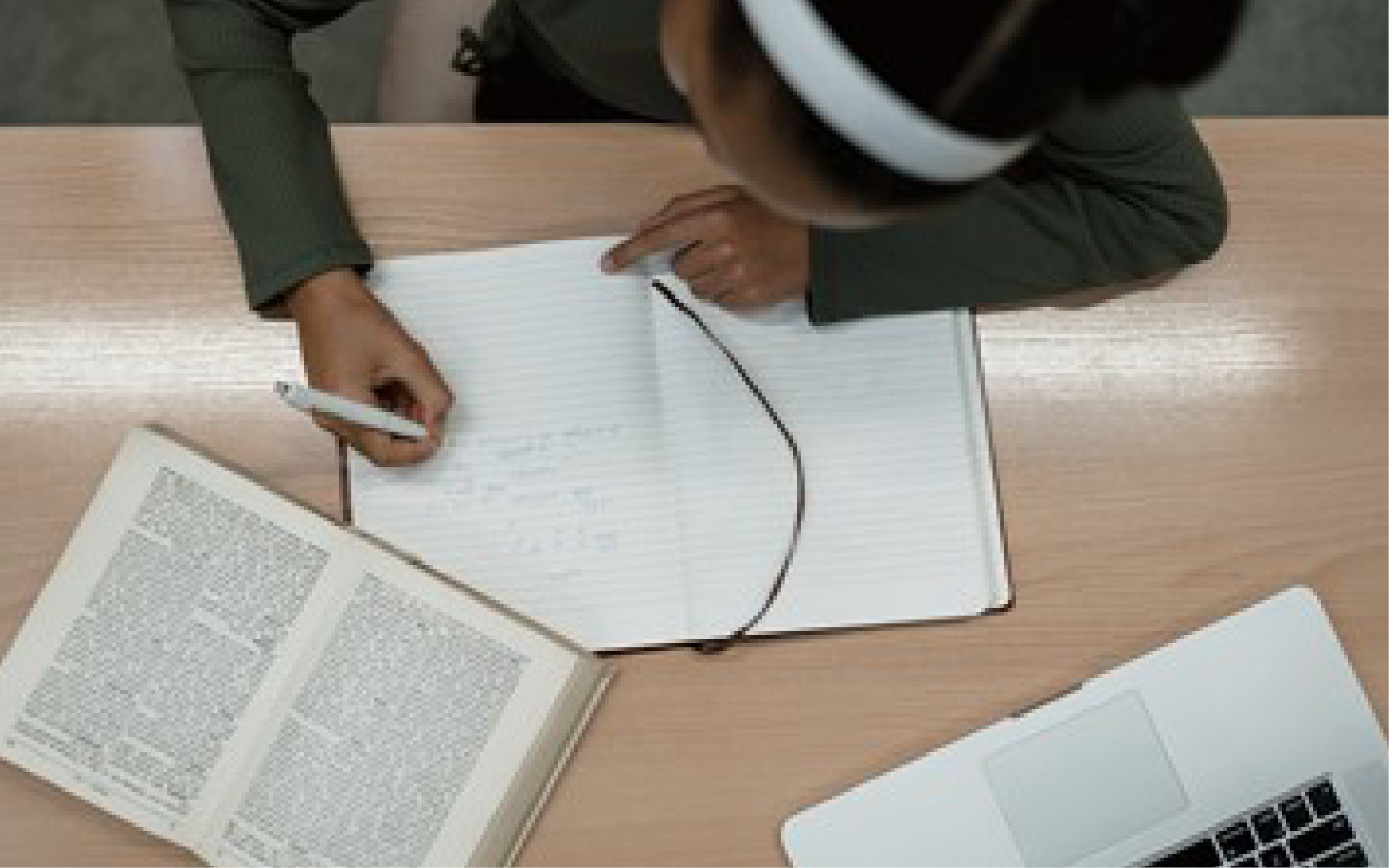
As the new wave of COVID-19 sweeps the world, shutting school campuses again or further reducing the number of learners who can be on campus at any one time, increasing numbers of learners find themselves completing their studies remotely. At the same time, there are perhaps 300 million children of school-going age who should have been in schools, if they were running normally, but who had not been able to gain access even when school campuses were open. There are also growing numbers of youths who have dropped out of school with no way to get back in or who have completed schooling but not well enough to proceed into entry-level employment or further education and training.
Open schooling approaches, which enable learners to access schooling-level opportunities in more flexible ways through distance education can help, but they do assume that learners have already learned how to learn independently to some extent. This calls for the development of skills such as the following:
- Managing self;
- Managing time;
- Managing resources;
- Managing learning processes and assessment feedback;
- Managing the learning environment.
Research tells us that self-motivation and management are key to success. Development of a self-management plan with clear goals and timelines is a good place to start. If learners are clear about what they want to achieve, why and by when, this provides direction and structure for meaningful engagement.
A key aspect of self-management is effective time management. Learners who attend day schools during normal times are directed about where to be and for what purpose by the school timetable. Learners studying through distance education are freed from the constraints of school timetables but need to plan when they will engage with their studies. For younger learners this might be during normal school hours while at home, but for teenagers and young adults in employment, effective study time could include overnight and/or during weekends.
Learners who have access to the Internet will be able to find useful content on almost any topic for nearly every subject, whether this be on YouTube or other sources. Knowing where to find useful open content, being able to adapt it for particular learning purposes and being clear about how to share what has been taken from online sources and adapted for sharing require the development of some new open resource management skills.
In remote, distance and online learning settings, feedback may be automated through quizzes, involve self-assessment and peer-assessment using rubrics, and involve occasional synchronous feedback in one-to-one sessions, one-to-many or many-to-many online meetings using tools like WhatsApp, Skype, Zoom, etc. in real time. It will also likely involve more delayed feedback mediated through modalities like email or online discussion forums. So, in addition to learning about curriculum subject content, learners also need to become familiar with the tools that will be used to manage teaching, learning and assessment processes.
In open schooling, a lot of learning takes place in the context of the home, with potential for many distractions. So, there is a need to manage the new learning environment at home.
Parents and caregivers have a key role to play helping their children learn effectively through distance learning, especially when this modality is new to the learners.
____________________
Dr Tony Mays
Education Specialist: Open Schooling
Commonwealth of Learning


